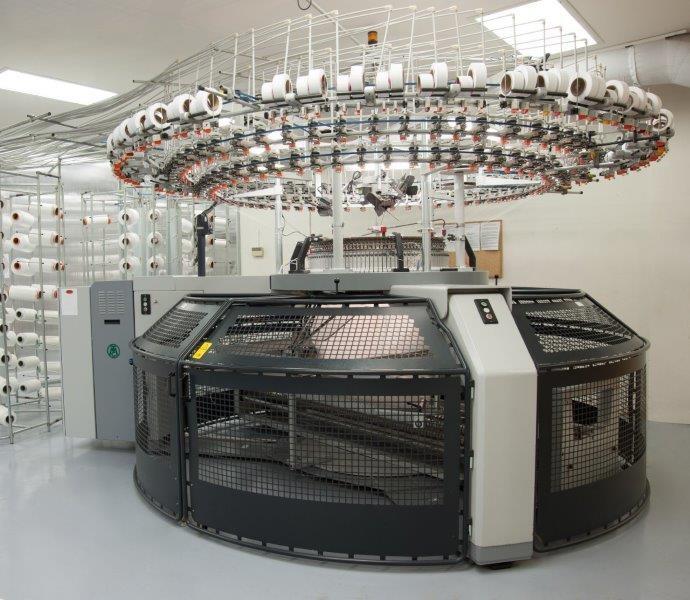
Marine litter is a growing and critical environmental problem. The fishing industry is a major contributor to marine litter. With a circular economy approach, the EU-funded OCEANETS project aims at dealing with this challenge, preventing the loss of the fishing gear, making the recovery of lost fishing gear much easier, and recycling the gears once recovered. The consortium behind the project saw an opportunity to act at two levels: prevention and recycling.
In practice, the OCEANETS has supported the development of an IT tool, enabling fishers to both prevent the loss of fishing gears and recover the ones that are found abandoned in the marine environment. The online tool registers and exchanges geolocated information on spots where the risk of losing fishing gears is high (for instance areas with frequent storms or places with sharp rocks). It also alerts fishers to the presence of lost or abandoned fishing gears in order to recover them, and avoid the gear damaging the fishing vessels. The tool has been designed and already successfully tested with the support of skippers, captains and ship owners operating in the port of Vigo in Spain, one of Europe’s largest fishing ports.
On the recycling side, OCEANETS has optimised a pilot plant to chemically recycle the polyester and polyethylene that fishing gears are made of, in order to produce high quality yarn. At the moment, OCEANETS has produced a “pilot fabric” made of polyamide to be tested for the production of sportswear, with the ultimate aim of producing high quality textiles.
Since being launched in early 2019, the OCEANETS geolocation tool has been used by the Port of Vigo Shipowners’ Cooperative (ARVI) and the Asociación Vertidos Cero. While the technical, economic and environmental value of this circular approach has been demonstrated in the Atlantic basin, the concept is easily transferable to other European marine areas as well as to other regions of the world.
Through to its commitment to the marine environment and responsible production and consumption, OCEANETS is directly contributing to the objectives of the European Green Deal, the Single Use Plastic Directive and the EU Biodiversity strategy.
Background
OCEANETS is run by a consortium of European research institutions and associations including SINTEX AS (Czech Republic) and AIMPLAS, Asociación Vertidos Cero, Cooperativa de Armadores de Pesca del Puerto de Vigo S.C.G., ECOALF SL and Universidad de Vigo, all from Spain.
According to WWF with over 10% of plastic debris found in the ocean being associated to abandoned, lost or otherwise discarded fishing gears. Around 640,000 tons of fishing equipment are lost or abandoned in oceans annually, and they can remain in the oceans for up to 600 years. The consequences of the dereliction of those fishing gears are ghost fishing (abandoned fishing gear continuing to catch fish), stock depletion, capture of non-target species, (micro)plastics pollution and hazards to other vessels.
Did you like this story?
September is the month of #EUBeachCleanup, the EU ocean activism and awareness raising campaign on marine litter and pollution. Find more information and join our fight to protect marine life.
Keep informed about the project
Website
Social media
- Twitter @OceanetsProject
- Facebook https://www.facebook.com/OceanetsProject;
- LinkedIn https://www.linkedin.com/showcase/oceanetsproject
Video
https://www.youtube.com/watch?v=XBlPuP8fQyg
Gallery
Details
- Publication date
- 29 September 2021
- Author
- Directorate-General for Maritime Affairs and Fisheries
